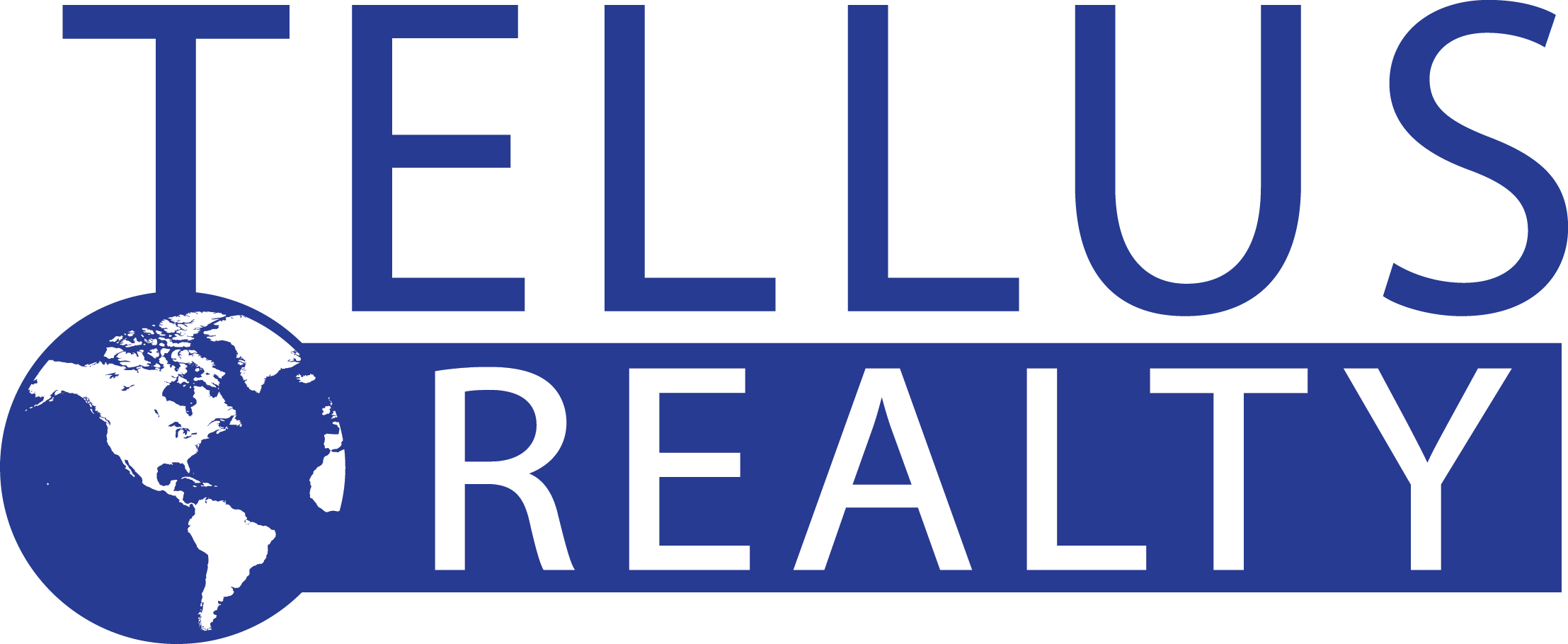The closing process for commercial real estate
Throughout the closing process, a neutral third party will serve as the ‘Escrow‘ company. The escrow company will follow the terms of the purchase contract, any lender instructions, and any practices that are considered standard in the local market to complete the transaction. After the due diligence process is complete, the escrow company will receive funds from the buyer and verify that title is legally transferred before distributing it to the seller.
In commercial real estate sales transactions there are some parts of closing that are different from most residential transactions. These include:
Legal entities as buyers and seller
In commercial transactions it is common for both the buyer and seller to be a legal entity such as a corporation, LLC, or partnership. It is an important for the escrow company to make sure that anyone signing paperwork is given the proper authority to do so. This may mean that they need letters of authorization, or even resolutions passed by governing groups such as a board of directors.
As a buyer, you will want to make sure you have your entity formed well before the closing date. It is common for the purchase contract to be assigned to this new entity, because you may not want to set it up until you know exactly what property you are buying, where it is, and the terms of the purchase. These are all issues that might affect your choice of entity.
Lack of RESPA
RESPA is the Real Estate Settlement Procedures Act. This act specifies the forms and processes used for residential real estate transactions. However, these forms and processes will not typically handle the more complex nature of commercial real estate transactions. As a result, there are no required forms and settlement statements will vary from transaction to transaction, and escrow company to escrow company
Purchase contracts
In residential home sales, the purchase contract is often standardized. For example, in the Pacific Northwest, the Northwest MLS provides a common set of contracts that are typically used. This means that escrow companies, brokers, title companies, and escrow companies are familiar with the terms and processes. Most commercial sales contracts are customized to the transaction. Even in the case when a standard form, such as the Commercial Brokers Association purchase and sale contract, are used, there still tends to be quite a bit of variety in the details.
Related contracts and bills of sale
Commercial real estate transactions will also include a variety of related contracts. These may include assignments of existing leases for existing tenants, service contracts for equipment, and bills of sale for equipment and other personal property.
Final closing process
Other than dealing with these unique issues, the closing process is straightforward. The escrow company performs the following tasks:
- Receives and reviews contracts and closing instructions from seller, buyer, and lender
- Prepares deeds and bills of sale
- Schedules appropriate parties to sign paperwork
- Submits paperwork for review by lenders when appropriate, and obtains corrections when needed
- Receives funds from the buyer and buyer’s lender
- Submits deeds other required paperwork to county for recording
- Distributes proceeds of sale to seller, brokers, and other parties as appropriate
